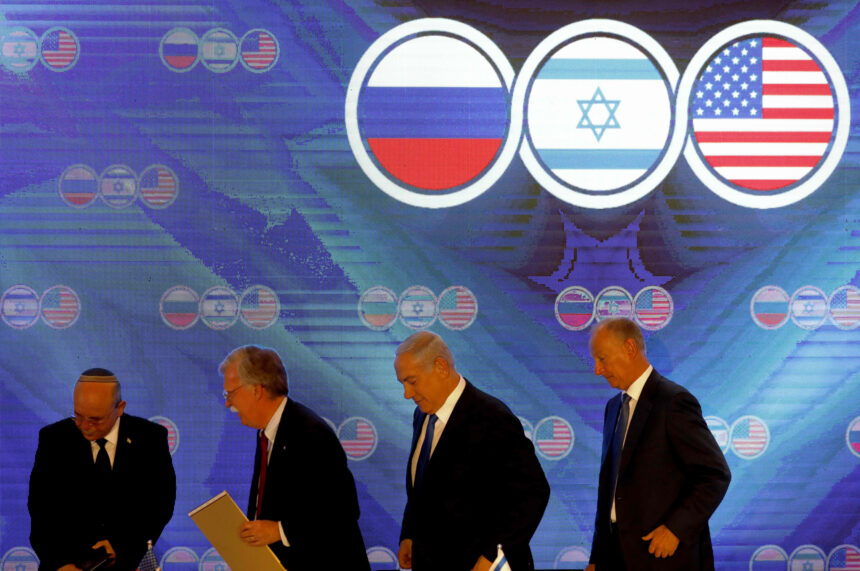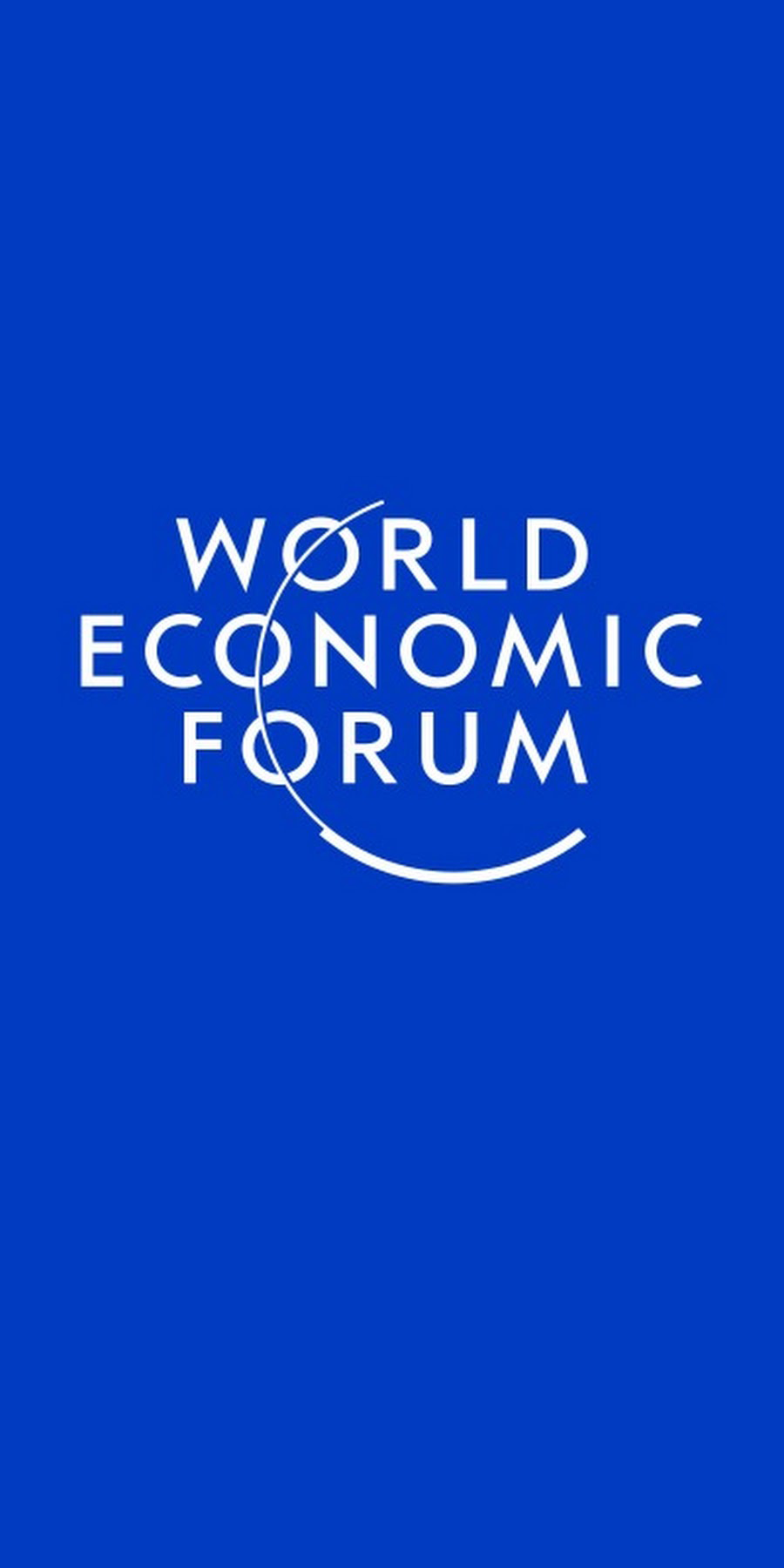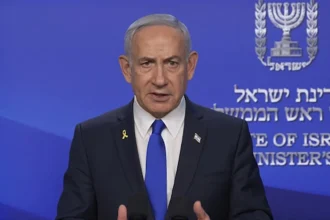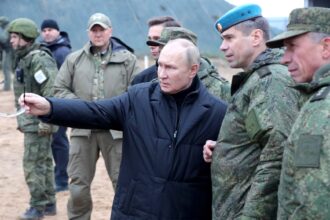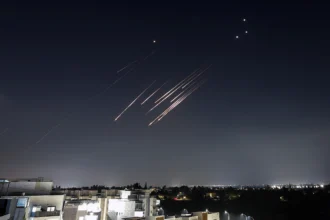As tensions between Iran and Israel escalate into open confrontation, global powers are weighing in with sharp responses and strategic maneuvering. The conflict has prompted swift international attention, particularly from the United States and Russia—two of the most influential actors in Middle Eastern geopolitics. Each nation has responded in line with its regional interests and global alliances, shaping the trajectory of the crisis and the prospects for broader escalation.
United States: Supportive but Cautious
The United States has reiterated its support for Israel’s right to self-defense while attempting to avoid direct involvement in the conflict. The Biden administration has played a role in intercepting Iranian missiles and has made it clear that further aggression from Tehran would not be tolerated. U.S. military assets have been repositioned in the region, reinforcing deterrence.
Political voices within the U.S. are mixed: many in Congress, both Democrats and Republicans, support Israel’s actions. However, a smaller group of policymakers is concerned about becoming too entangled in another Middle Eastern conflict. While intelligence and logistical support are evident, Washington has not taken part in Israeli strikes directly and continues to advocate for de-escalation through diplomatic channels.
Russia: Critical and Strategically Calculated
Russia, maintaining a close alliance with Iran, has condemned Israel’s military operations. Moscow has issued warnings to Israel about the potential consequences of further military action and has called for restraint on both sides. Russian officials have emphasized that the continuation of such strikes could destabilize the region even further.
Though politically aligned with Tehran, Russia has not taken any direct military action in support of Iran. Instead, it appears to be using the crisis to strengthen its diplomatic ties with Iran, especially through energy cooperation and regional security coordination. Moscow’s approach remains cautious, aiming to influence the situation without triggering a broader confrontation that could draw in NATO or the West more deeply.
Conclusion
The Iran-Israel conflict is not only a regional flashpoint but also a geopolitical stress test for U.S. and Russian foreign policy. While the U.S. backs Israel with strategic and military support, it is wary of escalation. Russia, on the other hand, is using the moment to reinforce its alliance with Iran, applying diplomatic pressure on Israel without risking direct military engagement. The global reaction to this conflict will likely shape the next phase of Middle Eastern geopolitics.

